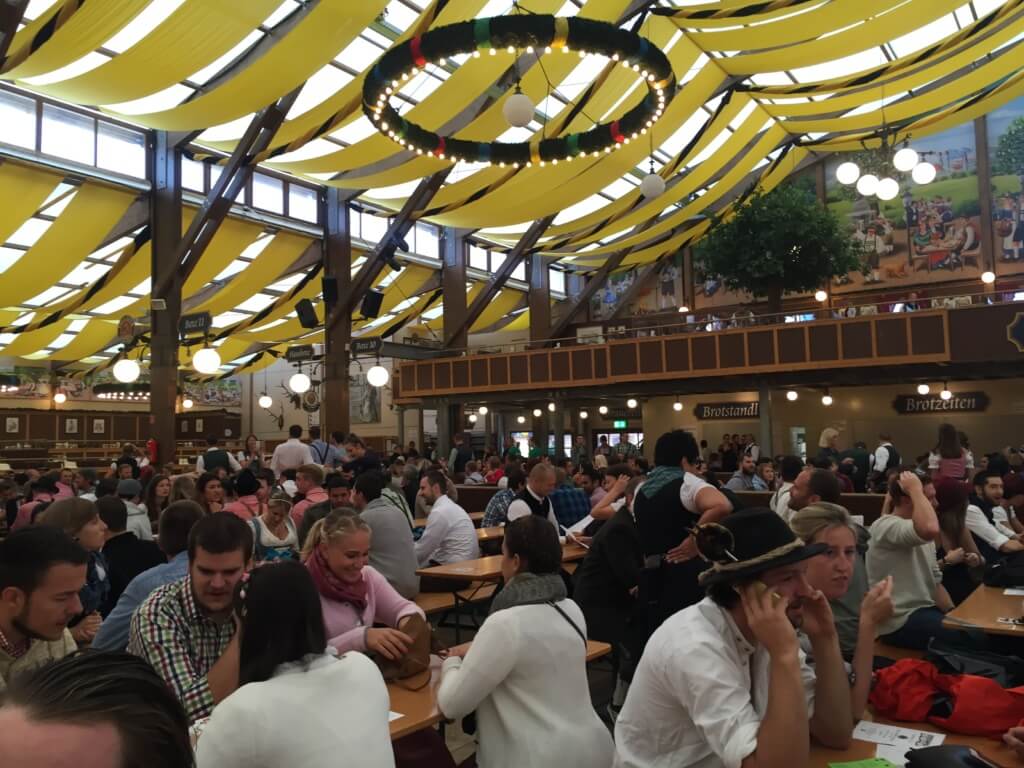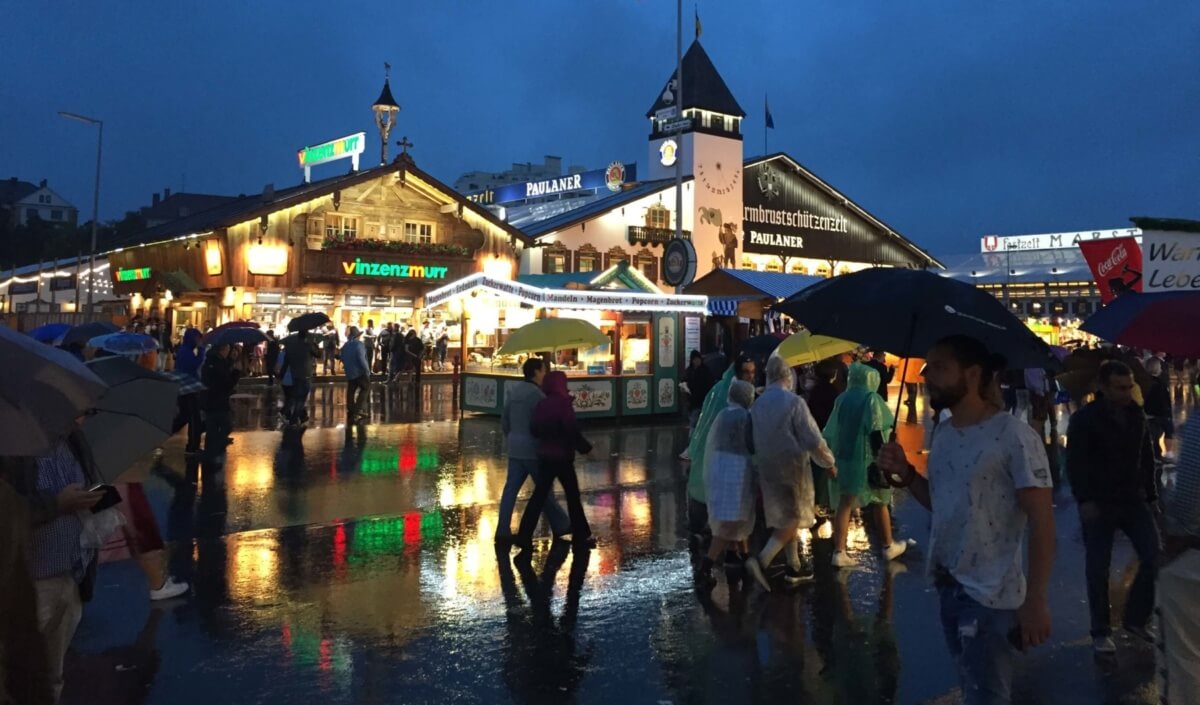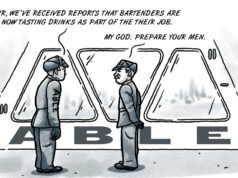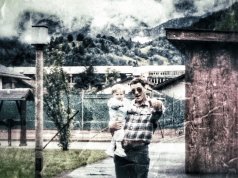LAUSANNE, Switzerland — Germany’s Oktoberfest began Sept. 17, and, continuing six years of tradition, I headed over from my home in Switzerland.
One year ago, Germany was in the middle of the refugee crisis, and the biggest question being asked was whether the daily flow of migrants into Germany would affect the quality of the event, overwhelming a capacity that already accommodates thousands of people gathered into a few tightly packed spaces.
In one of my early pieces for NonDoc last year, I wrote about migrants in Germany, discussing whether the influx affected the 2015 Oktoberfest, which it didn’t in any way. At the time, the question seemed to be more about whether the migrants’ presence would cause a disruption to a normally structured and tidy Munich, and whether the Bavarians would welcome the migrants or decry them as unwanted freeloaders. Although the migrant situation was fresh last year, many of the same concerns remain and have become much more serious this year. The question is no longer whether the migrants will tarnish Munich’s reputation. It is now whether an ISIS terrorist (migrant or not) will attack during one of the largest gatherings of people in the world.
Germany on high alert
Between September 2015 and September 2016, Germany suffered six terrorist attacks, including three in July alone, with an additional three credible terrorist attacks that shut down or disrupted major events and locations (such as Frankfurt Airport). The worst of the terrorist attacks happened at a Munich shopping mall, while another three occurred in towns less than 125 miles away, a short trip to make for someone determined to cause havoc in Munich. The possibility of an attack at Oktoberfest is real.

Oktoberfest security improved, somewhat
At the gates marking the entrance to the festival stood a row of unarmed contract security guards in yellow jackets checking bags and turning away anyone with a large backpack or purse. If you didn’t have an oversize bag, however, you could just walk right through. I walked in with a tiny wrist purse containing only cash, credit card and photo ID, but I also had a plastic bag holding water, Red Bull and an emergency beer. Nobody stopped to check me.
After choosing a tent for the day, I huddled with a crowd under the small overhang outside the giant wooden structure, waiting for the 9 a.m. opening time. A security guard came by to check the size of our purses and warned again that large bags would not be allowed. After a soggy and chilly wait spent making friends with a group of New Zealanders, the doors opened.
For the first time in all the years I’ve attended Oktoberfest, a tent checked photo IDs on the way in. There was no reason to check for age because the beer-drinking age is 16 in Germany (and 14 if accompanied by a parent or guardian), so the real reason had to be something else, perhaps each ID’s country of origin.
Inside the tent, security guards roamed around throughout the day. They were still the unarmed contract-type and might have been there just to manage unruly beer drinkers.
Other than that, not much was different.
Yes, security was tighter. They are trying. Is it enough to prevent an attack? Probably not. I hate to say it, but a handful of unarmed contract security guards will fail to stop someone intent on causing harm.
Perhaps the best anyone can do in these times is simply seek to minimize any potential damage, as the location and nature of violent attacks proves ever harder to predict.






















